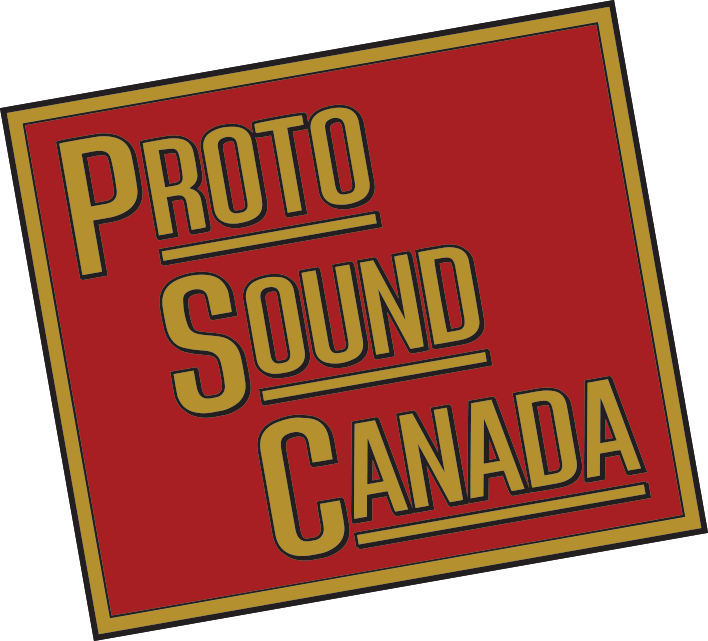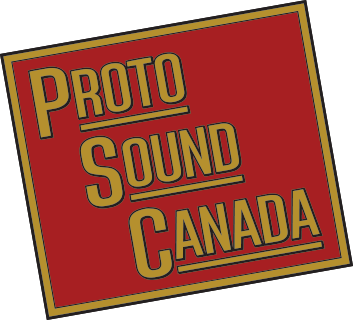
Our MISSION
if it isn’t prototype, it isn’t right.
You could easily take that a number of ways, but I’ve always thought this statement held true particularly in the area of digital sound. Locomotive based sound decoders have come light years since their inception, and we have more options than ever before to customize our motive power.
However, I found recently that factory offerings from the major players in the industry were beginning to sound stale to me. Especially when it came to Canadian prototypes. This is of course no fault of their own, as they all have an astronomical number of different roads, localities, locomotives and factors at play. You just can’t possibly please everybody.
In the case of ESU, they provide the tools needed to create your own samples, to be mixed into their sound files. Or if you’re particularly brave, you can build your own files from the ground up entirely from scratch.
After toying with amateur levels of audio engineering for nearly 15 years, I decided it was time to take off the training wheels and get serious. Thus the initial concept of PSC was born. My initial aim to create the most accurate sounding HO scale locomotives I could for my own needs, which then blossomed into the idea of providing those options to other modelers as well.
The products on this site are what I consider to be my finest work, and I wholeheartedly hope that other people enjoy the shake, rattle and roar as much as I do.
George Taylor - Founder
FAQ
Q: Why do you charge for your sound files? How do you determine the pricing model?
A: To be clear, all the basic sound files I use in the creation of my custom works, are available on ESU’s website free of charge. I highly recommend checking it out if you haven’t already as they have a huge selection.
The reason I charge for my sound files is because of the labour involved in putting them together. Cutting, mixing and editing audio samples can be an extremely arduous process if you want to get it right. You can spend an entire day on one horn and it could flop, or you could nail it in 15 minutes. It’s all luck of the draw, and it depends greatly on the quality of the sample used.
Seeing as I’m not the owner of the locomotives which are the subjects of the audio recordings, I don’t see it as being appropriate to charge for the specific sounds they emit. The charges and pricing model is based upon how much effort went into customizing/creating the file and editing the audio.
Q: How do you acquire your sound samples?
A: The raw sounds contained within these files come from a number of sources. Chiefly myself, friends, colleagues and other people in the industry. Hence why I see it as inappropriate to charge for the sounds themselves.
Q: What if you find better sounds than the ones already available in certain files, will I have to buy the same file twice?
A: Not at all, if something like this occurs (and I expect it will as my collection of recordings grows) I will push updates to the files free of charge to those who have purchased them. Take care of your customers, and they will take care of you. The same goes if I identify areas that could be improved in terms of programming.
Q. Do you take requests/custom work?
A: Eventually yes, I will open up the floor to custom files and requests. I have a product plan established for the foreseeable future, but I will send out a newsletter at the appropriate time when I am prepared to accommodate other work.
Q. Can I purchase decoders from you?
A. No, I am not an ESU dealer.

